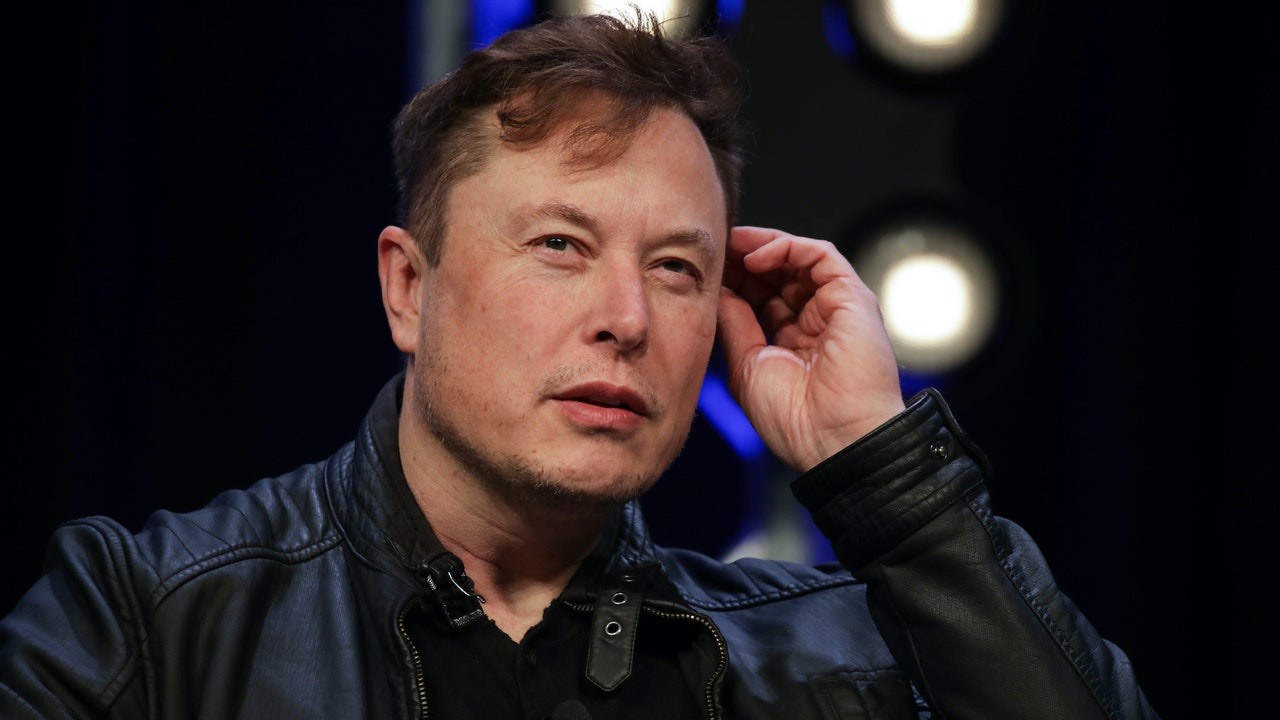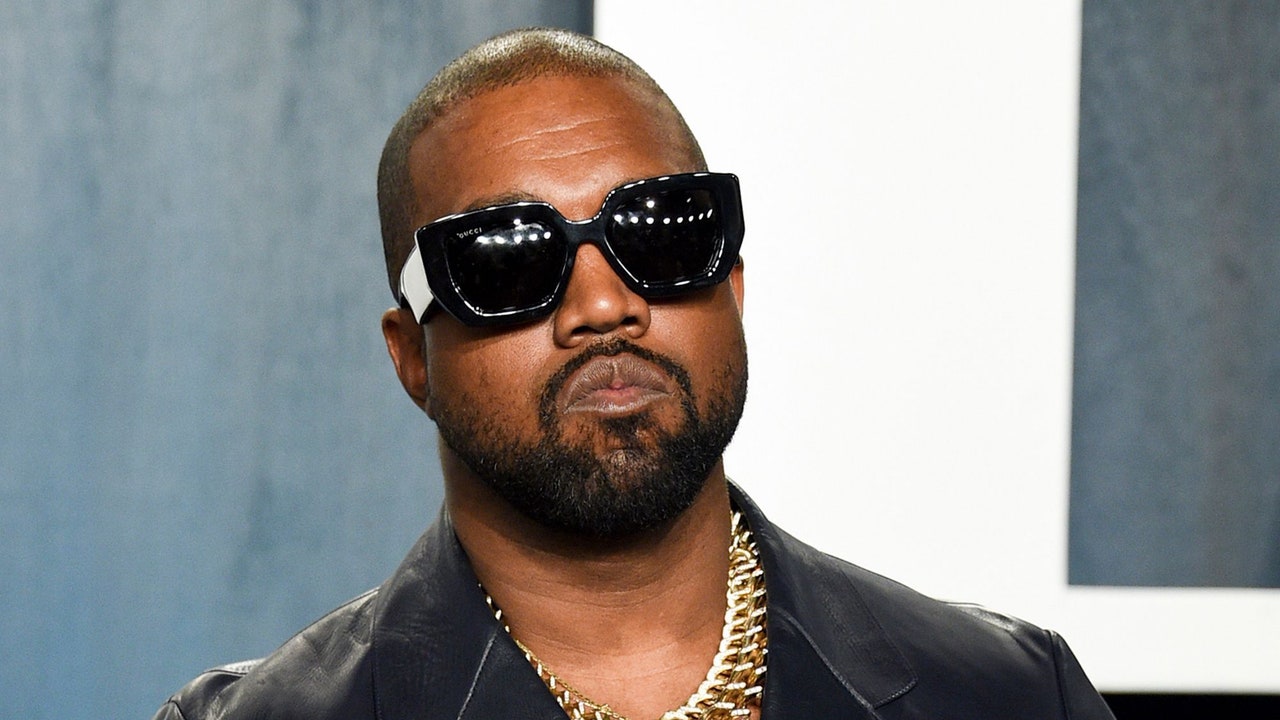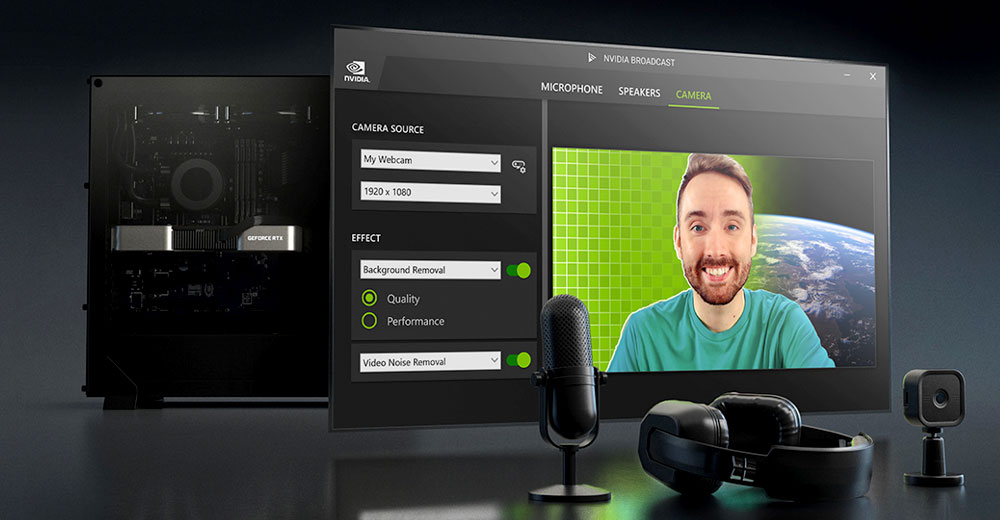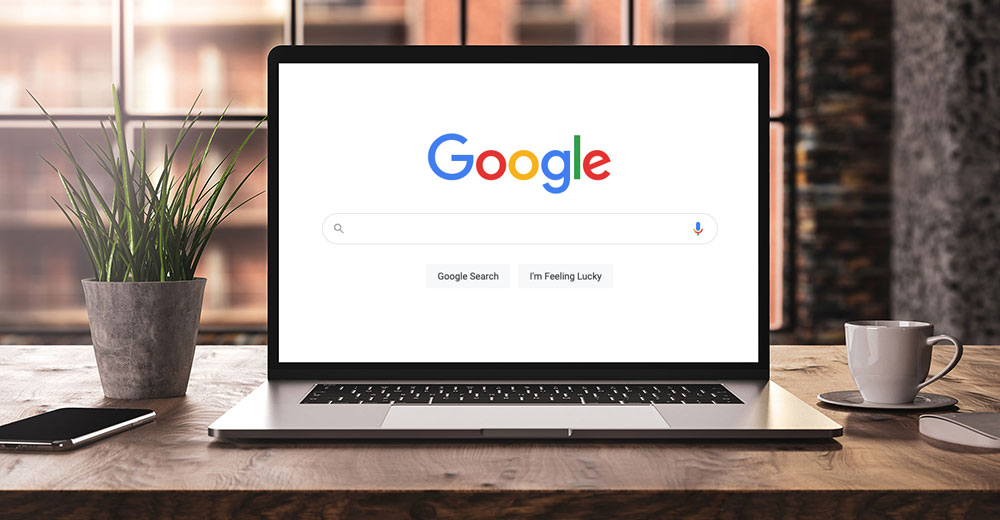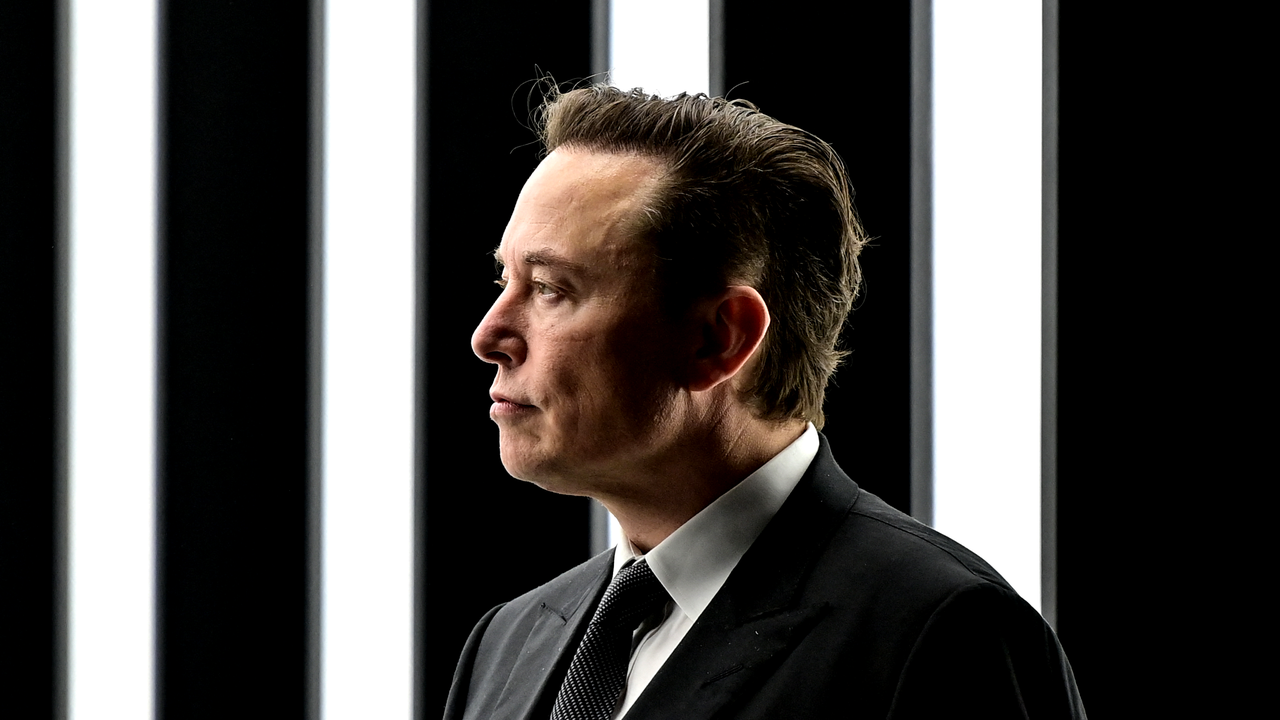Elon Musk seemingly either lost track of his own revised Twitter policies or thinks they don’t pertain to him. The billionaire on Monday posted literal fake news to his platform with what looked like a screencap of a CNN broadcast—but was really a photoshopped image—featuring anchor Don Lemon and a chyron that read, “Elon Musk could threaten free speech on Twitter by allowing people to speak freely.” It didn’t take long for Twitter users to call out the fabrication, the New York Post notes, and a disclaimer directing people to an Associated Press fact-check from April—which explained that the fake CNN screenshot originated on a parody site—was tacked onto the Twitter chief’s post. CNN, too, chimed in, which only prompted Musk to tweet:
Since purchasing Twitter earlier this fall, Musk, who has described himself as a “free speech absolutist,” has actually cracked down on some of Twitter’s free-speech policies. Earlier this month, the Tesla CEO announced that “any Twitter handles engaging in impersonation without clearly specifying ‘parody’ will be permanently suspended,” a level-up from Twitter’s old policy around impersonation, which said that impersonating accounts may be subject to a warning prior to suspension. Musk said this change was due to the roll-out of “widespread verification,” referring to his Twitter Blue service allowing users to pay for a blue verification checkmark. But within days, that service was paused, due to a flood of fake accounts using the new feature to impersonate notable celebrities, politicians and even businesses. Musk said last week that the paid verification system will “tentatively” relaunch on Friday. If the relaunch does happen, it’ll come as Twitter’s content-moderation capacities are particularly weak. Musk gutted the team charged with policing content amid mass layoffs.
Musk tweeted the CNN meme without any indication of it being parody. It’s also not the first time the Twitter CEO has spread misinformation on the platform; in a since-deleted tweet, he amplified baseless allegations about the attack on House Speaker Nancy Pelosi’s husband.
Twitter has not consistently enforced its new policies. A day after Musk announced the new impersonation-parody policy (and before paid verification was suspended), a number of accounts impersonating Musk were suspended, despite clearly identifying themselves as parody. These included high-profile users such as cartoonist Jeph Jacques and comedian Kathy Griffin, as Vice reported. Griffin’s account was reinstated.
Musk is, however, prioritizing free speech in other, potentially dangerous ways. He is reinstating suspended accounts so long as they have not broken the law or engaged in spam. “But determining whether an account has ‘broken the law’—when the law varies by location and legal judgments often require an expert eye—will be a logistical nightmare,” the Washington Post Editorial Board wrote in an Opinion Monday. “If the company reintroduces, en masse, a group of users previously found to have violated its terms of service, what happens if they flout the rules again? Are there any rules now?” Already Musk has allowed former President Donald Trump to return to Twitter—a decision he based on a Twitter poll—despite the fact that Trump was permanently banned from Twitter (among various other platforms) “due to the risk of further incitement of violence” following the January 6 attack on the Capitol.
